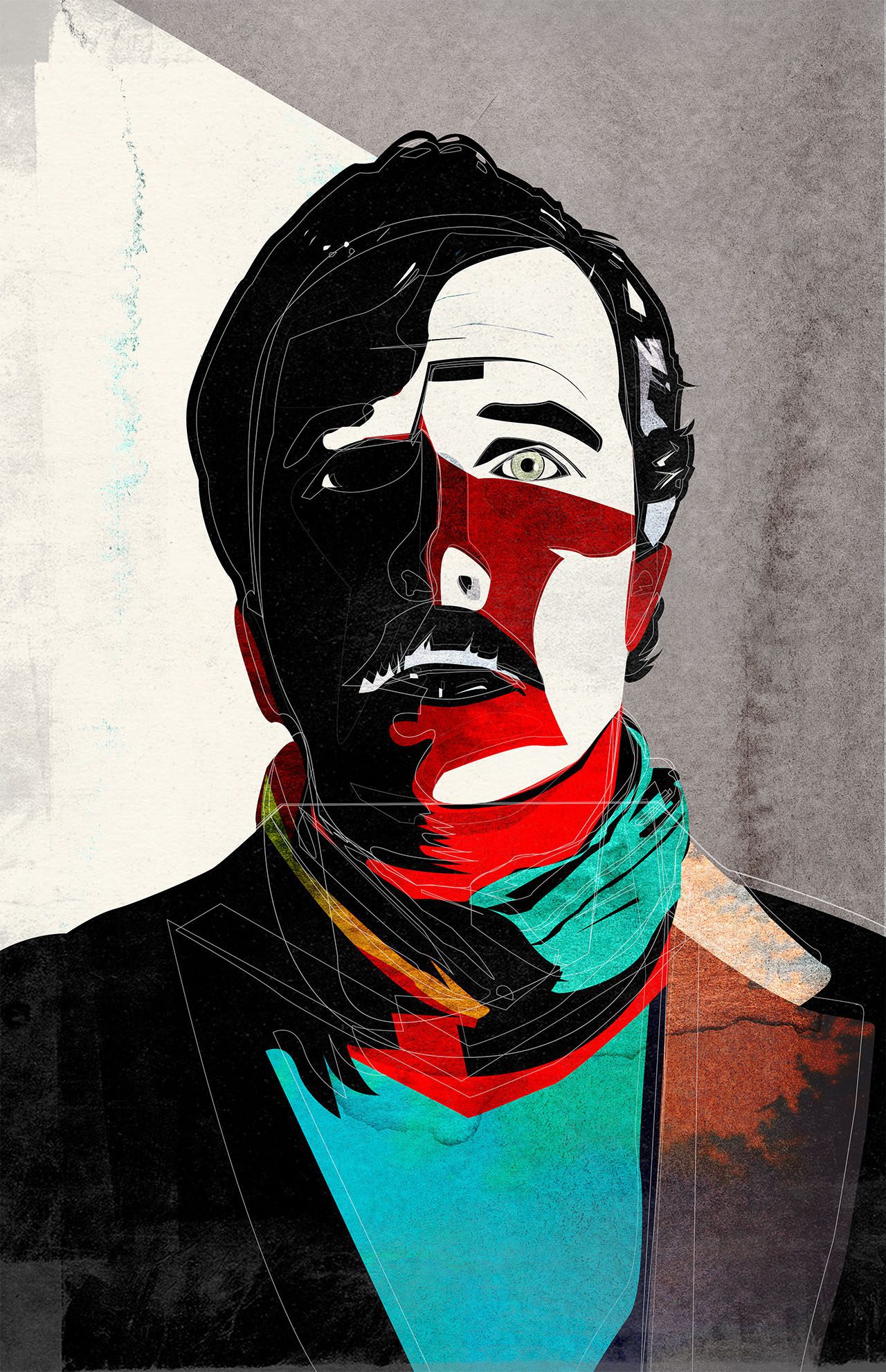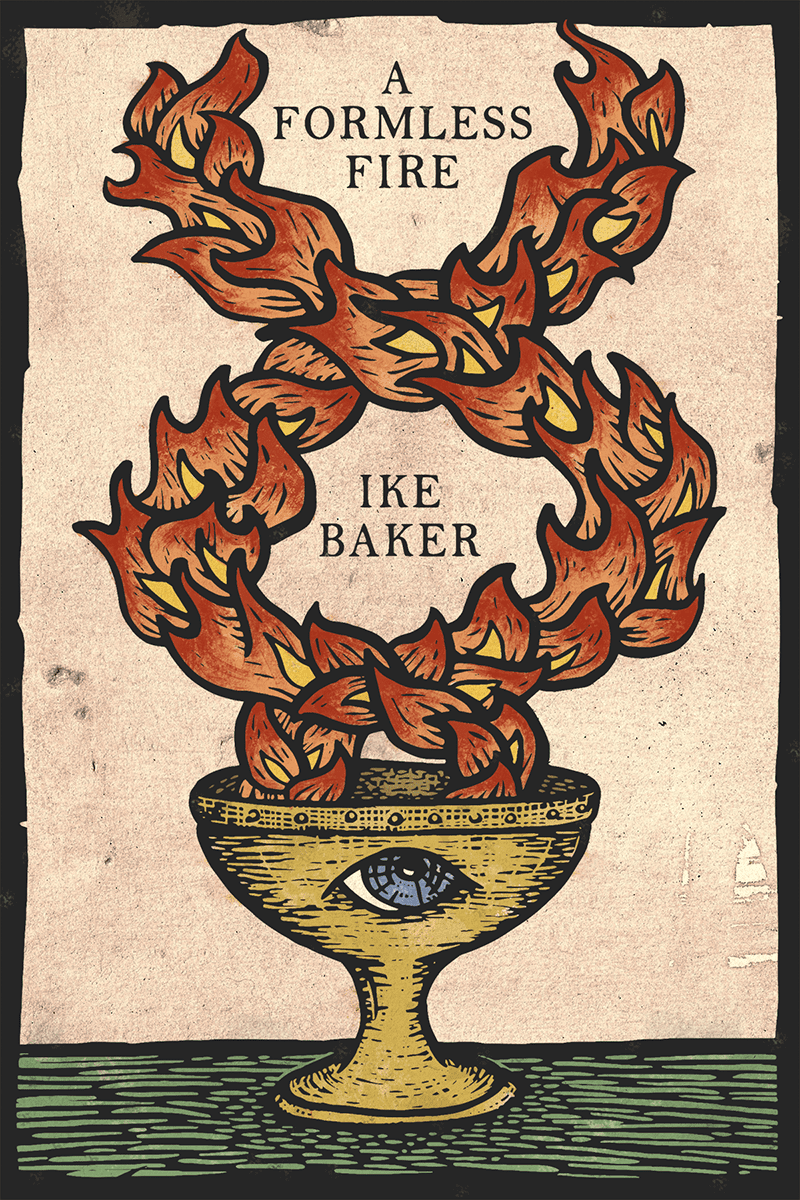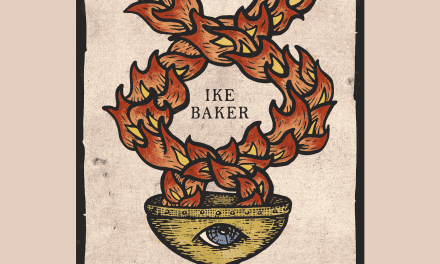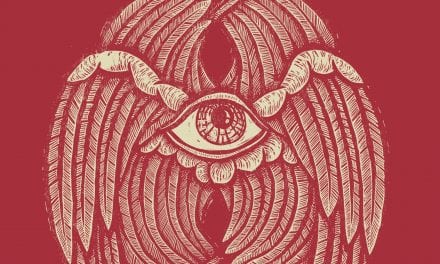Reawakening the Sacred and the Journey Back to Purpose
The following is a forward written by Jaime Paul Lamb for the new book A Formless Fire by Ike Baker out now on Tria Prima Press.
Though, in many ways, these are the best of times (at least by metrics such as relative peace and prosperity), the modern philosophical zeitgeist betrays a more complex picture. There is a palpable deficit of purpose and meaning (not to mention trust and reason). Events such as 9/11, the ‘War on Terror,’ the Great Recession, ongoing socio-economic and political polarization, and the COVID-19 Pandemic have shaken the pillars of the collective consciousness. Anyone who has been paying a modicum of attention can see that we are at a critical stage in the human story. It’s been a long time coming, however; our present predicament is merely the crest of a wave whose flow was inversely commensurate with the ebb of the Renaissance.
We are in the late stages of a philosophical malaise that began almost 500 years ago with the Copernican Revolution, which displaced humankind from the center of the cosmos (inadvertently putting into question the very notion of a center at all – clearly undermining the central cosmological tenets of theology). This was closely followed by the Scientific Revolution and its myopic emphasis on empiricism; not to mention its exaltation of the quantitative over the qualitative. This detrimental paradigmatic sequence culminated in the paradoxically named “Enlightenment” – a movement whose project was to exorcise the Anima Mundi from the cosmos, leaving only a soulless clockwork of inanimate matter held in place by some natural law or other.
Occurring in rapid succession, these secularizing events inexorably put us on the road to the current crisis of meaning we are increasingly experiencing. Riding a wave of vapid positivism and atheistic materialism, a slow desacralization that has commuted everyday life from the sacred to the profane. Isolated by technology, we have been cleaved away from the living social organism by the very mechanisms that were meant to connect us. All the while, we venerate nihilists such as Neil DeGrasse-Tyson, Richard Dawkins and Stephen Hawking; out-of-touch celebrity provocateurs who readily admit that the scientific edifice in which they worship deals not with meaning but solely with weights and measures. Add to all this the exploitative elements of the Industrial Revolution and the myriad issues accompanying social media and AI in the Information Age and a bleak picture begins to come into focus.
No longer is there an Uncaused Cause projecting form and purpose (the logos and telos) into the world. Gone are the angels and daemons – those intermediate messengers and guides – who once communicated Divine expressions to humankind. Our relationship with nature and the heavens has been gradually muted. Whereas we once walked in the light of Deity’s Countenance, due to the rapid advance of secularism, we now grope in the darkness, like so many Deepak Chopras, clumsily applying the language of pop-physics to anything remotely “spiritual.” We imagine that quantum mechanics somehow serves as the only viable explanatory model for occult causality, and that the Hermetic Arts of astrology, alchemy and magic must somehow be squared with secular materialism. All the while, we sacrifice the Mysteries at the altars of science. Yet, in the end, we only confuse noumena with phenomena; subjectivity with objectivity; quality with quantity. Indeed, the Old World is dead… but the old worldview may be retrievable. Or, at least, reconstructable.
Periodically, and with varying degrees of success and longevity, movements whose focus is the re-enchantment of everyday life have surfaced. The Victorian occult boom in the late-19th century, Blavatskian Theosophy, New Thought, and the pop occultism of the 1960s have come and gone. But somehow these trends are fundamentally different from what we’re experiencing today. The most recent iteration of modern occultism seems to tap deeper roots than its predecessors. It is a direct response to the “real” world of weights and measures. It is the consequence of an existential fissure in the deepest strata of the cultural bedrock. The arena of activity has also changed; instead of occultists conspiring in hushed circles, cloistered away in private residences and rented Masonic Lodges, today’s occultism is very conspicuous, for better or worse. Social media and the internet in general have, of course, been of extreme consequence. While a certain meticulously groomed superficiality has been introduced, your typical budding astrologer, alchemist or magician now has access to an unprecedented amount of source material. This sort of access may be overwhelming and consequently promote a sloppy eclecticism among those who are unwilling to digest the nuances of a tradition like, say, Neoplatonism. One might hastily resort to cherry-picking and synthesizing without taking on a suite of concepts and practices meant to comprise a more systemic approach. This is precisely why competent guides and curators with proficiency and experience are needed. A Masonic historian, Martinist and Rosicrucian initiate, senior adept of the Hermetic Order of the Golden Dawn, and internationally-recognized voice in esotericism, magic, and initiation, Ike Baker is that guide.
Whereas we once walked in the light of Deity’s Countenance, due to the rapid advance of secularism, we now grope in the darkness.
Indeed, the Old World is dead… but the old worldview may be retrievable. Or, at least, reconstructable
A Formless Fire: Rediscovering the Magical Traditions of the West is a monumental achievement; a beautiful, epic history that is more than mere history. No other work like this exists; it is especially curated by one who has first-hand experience with much of the material and will admit it, giving us an unprecedented glimpse behind the curtain. To date, there has never been a scholarly overview into occult and magical praxis such as this. While modern academia has gradually teetered nearer and nearer esoteric subject matter, here we see it in full bloom. This work is a significant and timely contribution to modern occultism.
And it couldn’t have come at a better time. A New Romanticism is upon us; a return to a perennialism unmatched by anything we have experienced on this side of the Enlightenment. There are reasons why people turn to occultism. One reason, whether conscious or not, is to foster a sense of oneness with the cosmos; to find purpose; and to deepen their experiences of the world and to imbue them with meaning. Indeed, increasing numbers of people are turning to occultism; to astrology, alchemy and magic; to tarot and Qabalah. This re-emerging interest (consciously or not) is symptomatic of the desire for the re-sacralization of the mundane. In such times as ours, many are beginning to heed a dire need for initiatic transformation; to experience a sense of oneness and connection. Another reason is stranger: people who are able to access the universal interiority are literally working to ascend to the most rarified cosmic realms; to be liberated from causality; divinization – to become “more than human” – to become a god. And they don’t mean this figuratively. There is a soteriological component; a cosmic return, in the most literal sense. An integrative unification with the Source of All. A magical approach to life imbued with individualism and great heroism.
One of the challenges facing the modern occultist is that the flow of information is overwhelming— their progression is happening too fast, causing hastiness and confusion as opposed to a gradual process of culmination and understanding. This is made evident in sentiments which lack definitive self-discernment such as,
“I’m spiritual but not religious.”
Then you believe in angels and demons?
“Well, no…”
Then what do you mean?
[insert word salad about quantum manifestation]
This book will not answer that question for you, but it will equip you with the historical and philosophical tools to navigate conversations such as these without coming off like a blissed-out, crystal-gazing hippie. The integration of the irrational need not, itself, be irrational. A Formless Fire is not merely a history, though it does minutely document the progression of the Western Esoteric Traditions through time. Baker is not detached from his subject – he is a practicing occultist, waist-deep in the culture, applying theurgical principles in his everyday life. He approaches the work with an uncommon rigor; a respect for tradition; but with the intrepid spirit of one who understands that Western Occultism is a living and evolving tradition. Ike Baker is one who understands the map and the territory.
Jaime Paul Lamb
Mercuralia 2024
Phoenix, Ariz.
Jaime Paul Lamb is a Freemason and occultist living in Phoenix Arizona. He has been researching and writing about Western Esotericism since 2011 and is the author of Myth, Magick & Masonry: Occult Perspectives in Freemasonry (The Laudable Pursuit, August 2018) and the soon-to-be-released Approaching the Middle Chamber: The Seven Liberal Arts in Freemasonry and the Western Esoteric Tradition (The Laudable Pursuit, June 24th, 2020). Lamb’s work has been published in Knight Templar Magazine, Royal Arch Magazine, S.C.R.L.’s Fraternal Review, The Journal of the Masonic Society and many other in-print and online publications. He has appeared on several podcasts devoted to Freemasonry and Western Esotericism, such as Whence Came You? and Thoth-Hermes. His main avenues of research are Hermetic Qabalah, Western Astrology, Occult Tarot and Comparative Mythology. Lamb is a member of Old Well-Saint Johns Lodge no. 6, F&AM, Norwalk, CT, Ascension Lodge no. 89, F&AM, Phoenix, AZ, the Arizona College, S.R.I.C.F., and the Hermetic Society of the G∴D∴. He is a co-founder of Tria Prima and one of the hosts on the Tria Prima Podcast.





